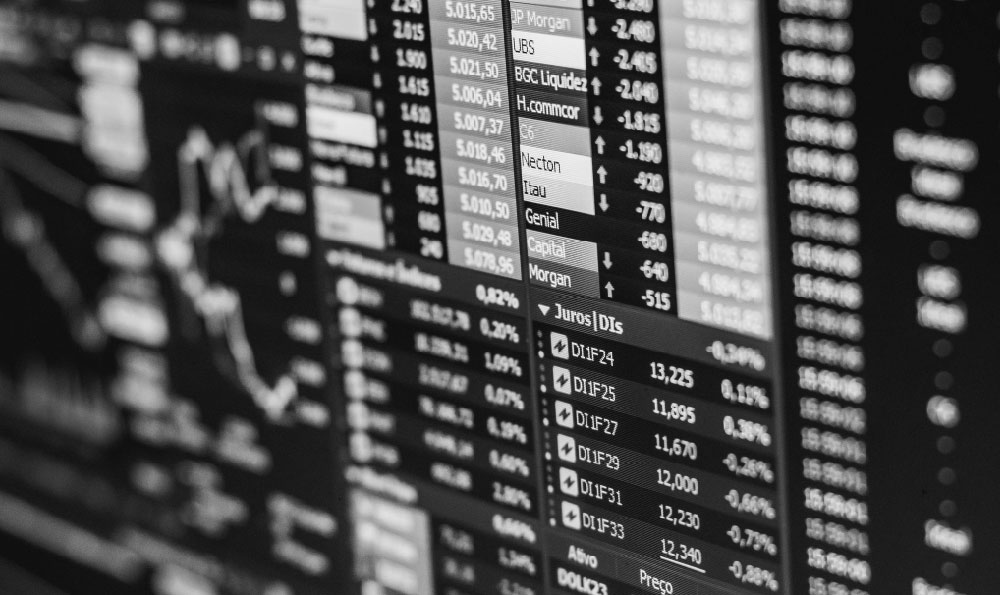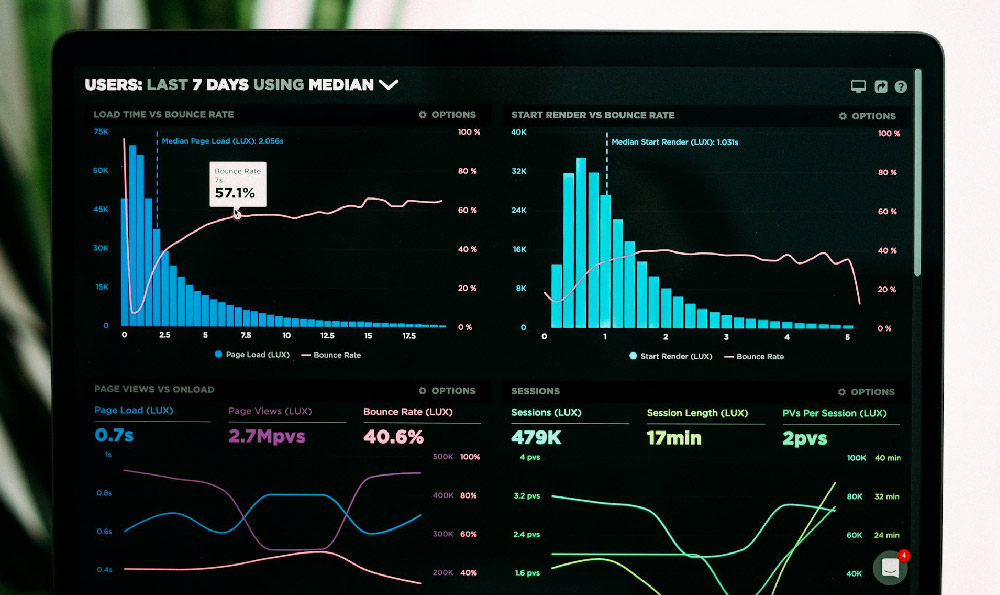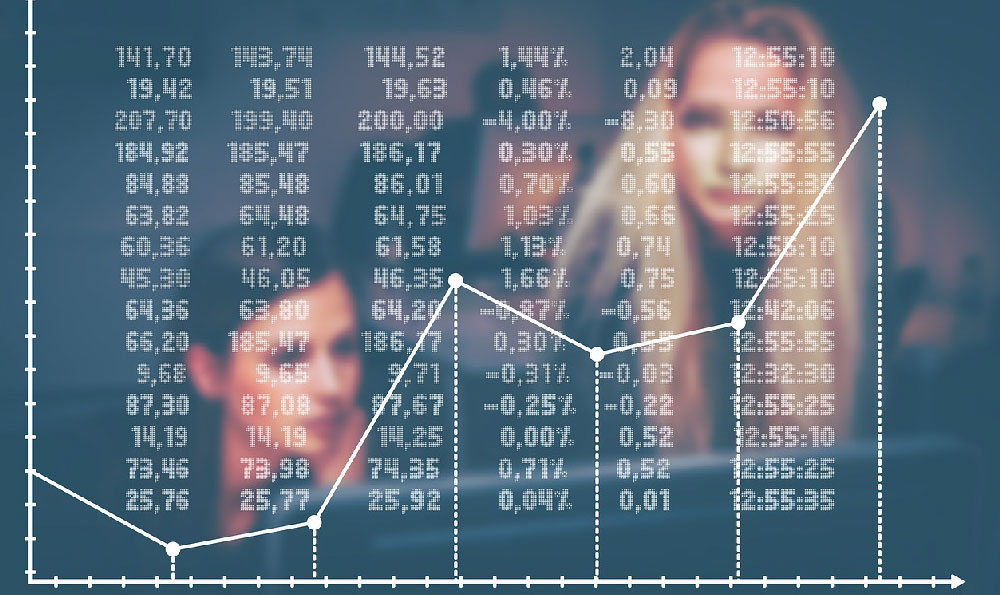Do politicians profit from lobbyists? Or do lobbyists profit from politicians?

Okay, I understand. Here's an article exploring the complex relationship between politicians and lobbyists, attempting to answer the question of who profits more from the relationship.
Do politicians profit from lobbyists? Or do lobbyists profit from politicians?
The intertwined relationship between politicians and lobbyists is a cornerstone of modern governance in many democracies, yet it's a relationship fraught with ethical questions and potential for corruption. The question of who benefits more – the politician or the lobbyist – isn't a simple one to answer, as the exchange of influence, information, and resources is often a two-way street, blurring the lines of accountability and creating opportunities for mutual gain.

Politicians undeniably benefit from the expertise and resources that lobbyists bring to the table. In a complex legislative landscape, policymakers are often faced with an overwhelming amount of information on a wide range of issues. Lobbyists, typically representing specific industries or interest groups, act as filters, providing politicians with curated information, research, and perspectives that support their client's agenda. This specialized knowledge can be invaluable in shaping legislation, informing policy decisions, and even crafting persuasive arguments for public debate.
Furthermore, lobbyists provide access. They facilitate meetings with key stakeholders, arrange speaking opportunities, and organize events that allow politicians to connect with influential individuals and organizations. This access can be critical for fundraising, garnering support for legislative initiatives, and building alliances within the political sphere. Lobbyists are essentially gatekeepers, controlling the flow of information and access to decision-makers, thereby enhancing the politician's power and influence.
The financial support lobbyists facilitate cannot be overlooked. Political campaigns are expensive endeavors, and lobbyists often play a significant role in raising funds through contributions, PACs (Political Action Committees), and other mechanisms. This financial backing can be crucial for politicians seeking re-election or aiming to advance their careers, creating a dependency that can influence their policy choices. A politician facing a tough re-election campaign might be more inclined to support legislation favored by their financial backers, regardless of its broader societal impact. The promise of future campaign contributions is a powerful motivator, solidifying the lobbyist's leverage.
However, the argument that politicians solely profit from this arrangement is overly simplistic. Lobbyists are not altruistic actors; they represent clients with specific interests and goals, and their success hinges on their ability to influence policy in favor of those clients. Therefore, lobbyists clearly profit from their relationships with politicians.
Lobbyists leverage their connections and knowledge of the political system to shape legislation, regulations, and government policies in a way that benefits their clients, often resulting in significant financial gains for those clients. For example, a lobbyist representing a pharmaceutical company might work to prevent legislation that would lower drug prices, ensuring continued profitability for the company. Similarly, a lobbyist for a construction firm might advocate for infrastructure projects that would generate lucrative contracts for their client.
The ability to influence policy decisions translates directly into economic benefits for the industries and organizations that lobbyists represent. These benefits can range from tax breaks and subsidies to relaxed regulations and favorable contracts, all of which contribute to increased profits and market share. The more influence a lobbyist wields, the more valuable their services become, leading to higher fees and greater demand for their expertise.
Furthermore, the revolving door phenomenon, where individuals move between government positions and lobbying firms, further strengthens the lobbyist's position. Former politicians and government officials possess invaluable insider knowledge and established relationships, making them highly sought-after lobbyists. Their expertise in navigating the complexities of the political system and their access to their former colleagues give them a significant advantage in influencing policy decisions. This revolving door creates a cycle of influence, where individuals profit from their public service by leveraging their connections for private gain.
The power dynamic between politicians and lobbyists is thus a complex dance of mutual benefit. Politicians gain access to information, resources, and financial support, while lobbyists gain the ability to influence policy decisions that benefit their clients. This reciprocal relationship can lead to a situation where the public interest is overshadowed by the interests of powerful lobbies, raising concerns about transparency, accountability, and the fairness of the political system.
The crucial question is not simply who profits more, but rather whether this system of influence is serving the best interests of society as a whole. The potential for corruption and undue influence is undeniable, and safeguards are needed to ensure that policy decisions are made in a transparent and accountable manner, with the public interest at the forefront. Increased transparency in lobbying activities, stricter regulations on campaign finance, and measures to prevent the revolving door phenomenon are all necessary steps to address these concerns and ensure a more equitable and democratic political process.
Ultimately, disentangling the question of who profits more requires a critical examination of the ethical implications of the relationship between politicians and lobbyists. It demands ongoing scrutiny of their interactions and a commitment to reforms that promote transparency, accountability, and a level playing field for all stakeholders, not just those with the deepest pockets and the most well-connected lobbyists. Only then can we ensure that the interests of the public are truly represented in the halls of power.















